Locarno’s artistic director Giona A Nazzaro says the festival is the perfect place for filmmakers who want to see how their films play with audiences.
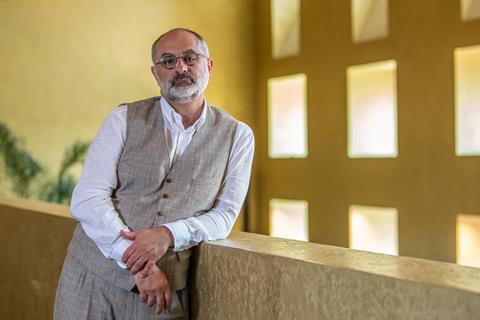
This year’s Locarno Film Festival is the fourth to be overseen by artistic director Giona A Nazzaro and, fingers crossed, it looks set to be a smoother ride for him than the past three.
Those editions saw the festival negotiate Covid protocols in 2021, 75th anniversary celebrations in 2022 and the SAG-AFTRA strike in 2023 that forced actors including Riz Ahmed and Cate Blanchett to cancel their contributions.
For 2024, Nazzaro and his team have pulled together an International Competition with 17 films, all of which are world premieres, from directors including Hong Sangsoo, Wang Bing and Ben Rivers (see feature, page 18). Each vies for Locarno’s coveted Golden Leopard awards. Playing out of competition are world premieres from Radu Jude, Fabrice Du Welz, Aislinn Clarke, Bertrand Mandico and Marco Tullio Giordana.
Locarno’s famed Piazza Grande screenings, which seat 8,000 guests in front of its giant screen, include world premieres from Paz Vega and César Díaz and classics such as Jean-Luc Godard’s A Woman Is A Woman and Jane Campion’s The Piano (see page 16).
Gianluca Jodice’s The Flood, about the last days of Louis XVI and his wife Marie Antoinette before their execution, opens the festival on August 7 with a screening in the Piazza Grande. The film stars Mélanie Laurent and Guillaume Canet, who will both be honoured at the festival. So too will Campion, Bollywood icon Shah Rukh Khan, Star Wars sound designer Ben Burtt, My Life As A Courgette director Claude Barras, Erin Brockovich producer Stacey Sher, French-Swiss star Irène Jacob and Mexican filmmaker Alfonso Cuarón.
Then there is the Filmmakers of the Present competition for first or second films, which includes Tunisian director Lotfi Achour’s drama Red Path, as well as Locarno’s annual Retrospective, dedicated this year to the heyday of US studio Columbia Pictures (see page 14).
In many ways this line-up reflects Nazzaro’s wide-ranging film interests, arriving at Locarno after stints as general delegate of Critics’ Week at Venice Film Festival and as a member of the artistic committee at International Film Festival Rotterdam. His tastes have been described as eclectic, in part due to a reputation for championing genre movies and comedies alongside the auteur-driven arthouse fare often favoured by festivals. But Nazzaro says he believes more in curiosity than eclecticism. He defines the latter as trying to go in different directions at the same time.
“Curiosity is more interesting because it exposes you to different pleasures, which might ask you to rethink your previous categories,” he says. “It is important to keep your senses alert to what might come.”
At the heart of his selection, however, is a focus on Locarno’s audience. “It is important that a programme can appeal to cinephiles, professionals and scholars, and might also appeal to the largest audience possible — because without an audience with whom to engage a conversation, these films will simply not exist.”
Even the most challenging films dream of having a large audience, says Nazzaro, “not because it dreams of financial success, but because it wants to verify or confront its ideas with other people.”
And audience is what the Swiss town of Locarno can bring to the films, he argues. “I always say to sales agents, distributors, producers and directors, ‘If you want to really know if your film works, bring it to Locarno because it’s an audience festival — even your engaging, challenging auteur film.’”
He cites the example last year of Romanian director Radu Jude’s “extremely complex, experimental film” Do Not Expect Too Much From The End Of The World, which played in International Competition and was selected as Romania’s Oscar entry. “It has been everywhere since… in Locarno the first screening was almost full, then the film finished and people started talking and we had to add another two or three screenings because the buzz was so strong.”
Locarno was also the launchpad last year for well-received films such as Ena Sendijarevic’s Sweet Dreamsand Sofia Exarchou’s Animal. “This is what Locarno can do,” asserts Nazzaro. “It can put your film on the map, because it’s a very specific experience. People actually come to see the film. It’s not just professionals. You can immediately understand where your film stands.”
Inquisitive eye
Austrian filmmaker Jessica Hausner, whose credits include Little Joe and Club Zero, is jury president for International Competition this year. Nazzaro extols the precise and personal nature of Hausner’s films, which first came to international attention when her short Flora won the main prize in Locarno’s Pardi di Domani section in 1997. “I wanted to give the films we selected in competition the opportunity to be met by her very structured, curious gaze,” he explains.
Nazzaro is also “extremely happy and honoured” to welcome Shah Rukh Khan to Locarno. The Bollywood star will receive the Pardo alla Carriera Ascona-Locarno Tourism award on the evening of August 10 in the Piazza Grande, and the festival will screen a key film from his career: Sanjay Leela Bhansali’s 2002 feature Devdas.
Nazzaro says the festival has worked for nearly two years to secure the “tremendous coup”, putting the visit in perspective: “Even though we think we live in a global, multipolar world, it’s still very Euro/western-centric. To bring Shah Rukh Khan is not only about him being a superstar, but it’s also saying to his fans, ‘We hear you, we know it’s important.’”
For those who do come to Locarno, Nazzaro offers the following advice: “Take it easy.” The Locarno experience is not a frantic one, he says. “You don’t have to rush, you can have your meals, you can even have a dip in the lake, and you will still end up with four films a day according to your own interests… you will not miss out on the screenings.”
Spotlight: International competition line-up
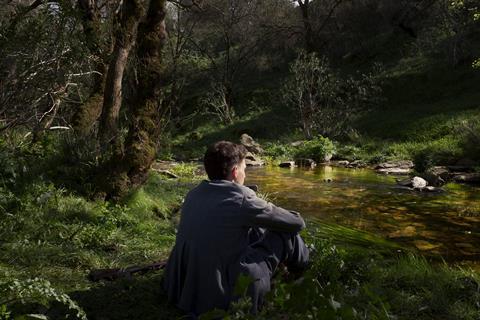
Asked to pick out highlights from Locarno’s International Competition, artistic director Giona A Nazzaro is diplomatic. The “overall mosaic” of the selection is the highlight, he says. “When we pick a film, we try to imagine how it could fit in a larger canvas of other titles.”
He describes the 17 world premieres that form the International Competition as “an engaging but also very approachable selection”. Taken together, they “redefine the concept of auteur films today”.
UK filmmaker and artist Ben Rivers premieres documentary Bogancloch, a sequel to 2011’s award-winning Two Years At Sea, which follows a modern-day hermit living a solitary life in a forest in Scotland. Nazzaro calls it a “Whitmanian poem”, referencing the US poet Walt Whitman known for celebrating nature and people.
China’s Wang Bing brings the latest documentary in his Youth series. Youth (Spring), about young factory workers in China, played in Competition at Cannes in 2023. Now Wang brings Youth (Hard Times) to Locarno, which Nazzaro describes as “coming-of-age stories of a new generation of China’s people having to deal with post-Communist neoliberalism”.
Also in International Competition is German director Christoph Hochhäusler’s Death Will Come (La Mort Viendra), which “rethinks the legacy of the traditional film noir” by placing a female assassin at its centre. Meanwhile, Portuguese director Marta Mateus has “composed a beautiful visual poem about the anti-fascist resistance in Portugal” with Fire Of Wind.
“For me,” adds Nazzaro, “all of these films are the expression of the newfound strengths of auteur cinema that tries to challenge itself and that are trying to engage in a different meaningful conversation with large audiences.”

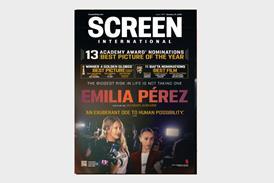
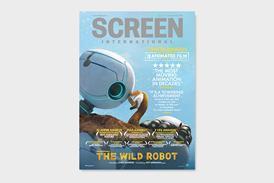

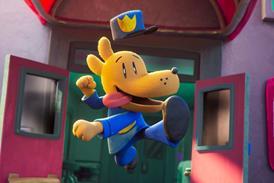
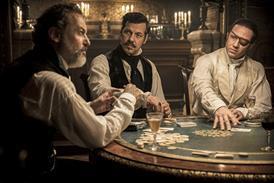
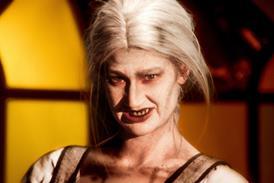
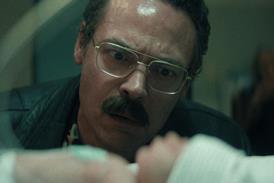
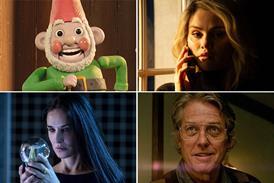




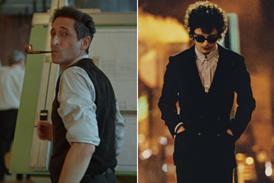
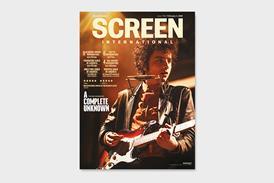
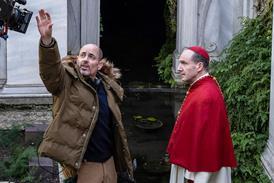
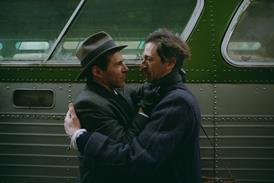







No comments yet